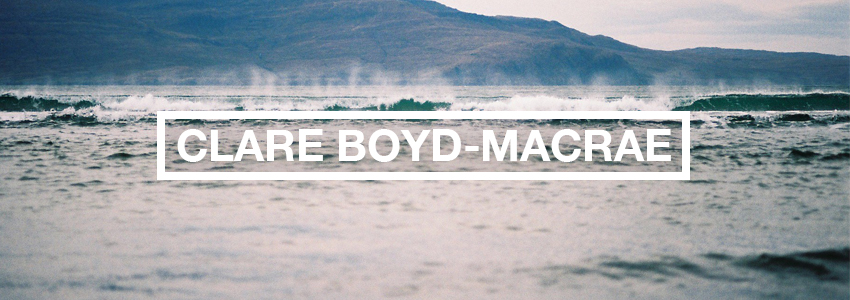An abundance of sky
 Saturday, May 8, 2021 at 03:41AM
Saturday, May 8, 2021 at 03:41AM In the early 80s when we were newly married, we lived in flats (as they were then referred to) on the ground or first floor. We have recently moved out of our rambling weatherboard family home and, after 36 years, we are back in what is now called an apartment, this time, four storeys up.
It is immensely liberating to have jettisoned most of our stuff, in the process of which we have rediscovered lost treasures, and worked out what it is we are happy to be lumbered with for however many years we have left. I expected our new home to be poky, but it feels spacious and uncluttered.
Another surprise is the sense of sky. A garden is a joy, but on ground level, you are hemmed in by other houses, blocks of flats, electricity lines. Up high, there is an abundance, an extravagance of sky. It’s breathtaking.
Our widows look west and east, so we see both Mount Macedon and the Dandenongs, we catch both the rising and the setting of the sun, and how spectacular it often is, even in the city. There are new buildings going up around us, and our view is already not what it was, but even so, my eyes are constantly drawn to the ever changing, never-the-same-thing-twice light show up above. In inner northern Melbourne, which I love but which is sadly devoid of green, it reminds me that there is this vast natural playground that is free to look at, no matter what concrete jungle I inhabit. When I fail to notice the sky, I miss the combination of cloud and light and moisture that will never be repeated.
There is something about looking up that is transformative. When I do this for even a minute, it puts the concerns I worry about endlessly into perspective.
The Psalmist put it well: “When I look at your heavens, the work of your fingers, the moon and the stars that you have established; what are human beings that you are mindful of them, mortals that you care for them?”
These days we no longer think of the Deity as being ‘up there’. But I know that one of the things I treasure about sky gazing is the fact that it makes me dwell on the Divine Creator who is also the Divine Lover, who is not confined to some far away realm but is within and around us. The joy of looking up and thinking of the Creator God, for me, is remembering that the God who made the heavens became an ordinary person. Who left for us the Holy Spirit, so that we could have God inside us forever, around and within both us and everyone we meet. All this passes through my mind each time I look at the sky, my new rediscovery in our new abode, and gives me renewed perspective, consolation and joy.
This was published in the May issue of The Melbourne Anglican
